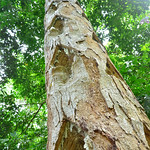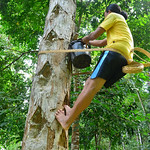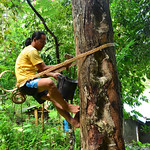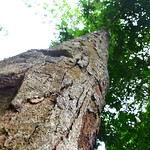A comprehensive research program on forest tenure reform has to inquire into the relationship between forest communities with land and forest resources. A range of actors, policies and institutions, market forces, technologies and resources are key factors in determining the performance of the reform in question. The actors, forces and processes often transcend scales, so the study will also operate at and across various governance levels (e.g. community, sub-national, national and international arenas).
The GCS-Tenure project takes an institutional analysis perspective across various scales and aims to examine existing policies, legal frameworks, institutions and practices.
Objectives
The general objective of this research is to improve the knowledge, understanding and skills of policymakers, practitioners and forest-dependent communities for the design and implementation forest tenure reform – by providing them with needed information, analysis and tools.
Specific objectives include:
- To establish how forest tenure reforms emerge, and document experiences and options for formal approaches to securing customary rights;
- To identify impacts of tenure reform on rights and access of women, poor men and ethnic minorities to forests and trees;
- To identify factors that constrain support for reform and its implementation
- To disseminate lessons learned and knowledge generated at sub-national, national, regional and international levels.
Expected outputs
The following outputs are envisioned from the project:
- Assessment of structures (institutions), processes and outcomes of tenure reforms both globally from the literature and for the study countries;
- Improved methods and frameworks for assessing tenure reform outcomes;
- Strategies designed to address constraints to and capitalize on opportunities for implementation of tenure reforms;
- Enhanced understanding of tenure issues and opportunities for reform for policymakers and other key stakeholders through their engagement in the process of research and analysis, and through targeted communication and dialogue.
Target Group and Beneficiaries
- Poor forest-dependent communities, both men and women, in target countries;
- Policymakers and practitioners in target countries who design and implement land and forest tenure policies;
- Donors, NGOs and other actors that seek to influence existing policies/ practices.








